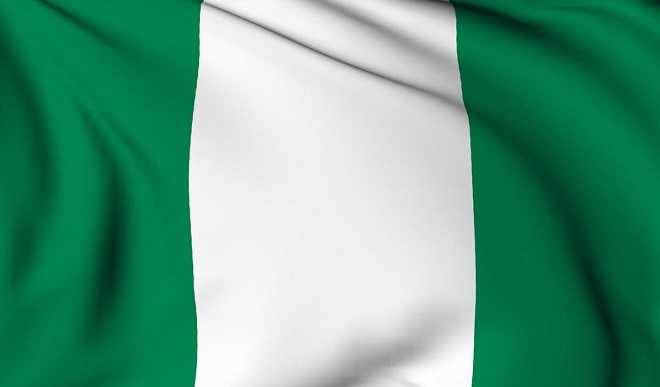Buhari and the Nigerian masses
Before the coming of President Muhammadu Buhari to power in 2015 Nigerians were tired, keen and looking forward to a change of leadership because of a number of reasons: poverty, hunger, insurgency, armed robbery, pervasive corruption and impunity. A change of leadership would mean providing answers to these problems, and a complete rebirth of a […]

Before the coming of President Muhammadu Buhari to power in 2015 Nigerians were tired, keen and looking forward to a change of leadership because of a number of reasons: poverty, hunger, insurgency, armed robbery, pervasive corruption and impunity.
A change of leadership would mean providing answers to these problems, and a complete rebirth of a new environment with all it takes to develop and compete favourably with the rest of the world. Since President Buhari came, has reality on the ground changed for the better? I think no — given the enormity and prevailing challenges facing the country today and the sorry state the masses have regrettably found themselves.
Nigerians welcomed with high hopes and expectations the coming to power of President Buhari that the bad old days would be gone, and gone for good.
Roughly four years into the APC-led government, the commoners are yet to feel the effect of the so-called change agenda. A lot is not going down well with the country and the resulting effects are what the masses are rigorously battling with.
The real face of the masses today is not what one easily finds appealing. It is thick, hard, moody, gloomy, temperamental and frightening to a near or distant observer. They keep battling with how to eat, and providing for his family and siblings. They keep battling with finding access to good healthcare services. They keep battling, in life and/or in near death, with providing quality education for their children; that is if at all they are not on the streets begging. They keep battling with settling high inflated house rents and other menial services. Above all, they keep battling with recurring headaches of endless promises on daily basis by government officials that their plights is given due, deserved, focused and undivided attention.
Up until this time, as I struggle to pen down this piece, those promises have largely not been fulfilled. In face of all these, it is okay to say that the Nigerian masses have been sidelined after sacrifices made to ensure 2015 was for Mr. Buhari [a man of integrity and honesty whose love for the masses and their plights in Nigeria is extremely rare and a scarce commodity amongst its elite]. Almost four years now, this love is yet to reverse the sorry and unfortunate state of masses.
Observers are of the view that “Buhari has lost track, and is no longer in tune with the plights of the masses since he took office. Instead, he is busy vowing and succumbing to opportunists few who do not necessarily mean well for the country and the plights of its masses except their rapacious interest.” Perhaps that is why despite his love for the masses and the country, to this point, he has [technically] failed to offer workable solutions to the many and fast emerging problems facing the country, thereby leaving the masses in a state of despair and wantonness with dashed hopes and faith in government to attend to their immediate needs.
This is the real face of the Nigerian masses. In order not to sound too pessimistic, and going by the way and manner, the slow phase of things happening in Nigeria, I see, perhaps not in the near future a Nigeria whose masses enjoy the true benefits of being led by a truly democratic government – a government known solely and globally for the people and to serve their interest alone and not the interest of a few perilous elite. The need for something quick and solid to be done to alleviate the sufferings of the masses, more than ever before, is now. This is a reminder to those saddled with the responsibility of making sure that the Nigeria masses are looked after, so that a smile is put on their faces. As it is now, their faces are thick, hard, moody, gloomy, temperamental and frightening to a near or distant observer.
Mustapha G. Jama’a, Makarfi, Kaduna State.
